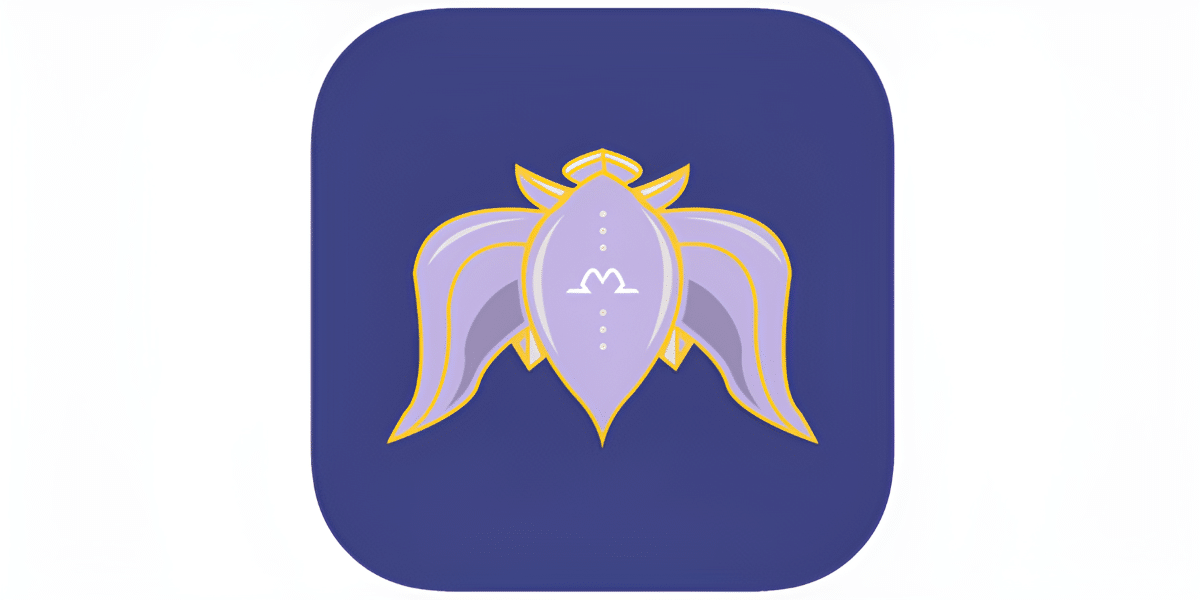We live in a time when social media often feels overwhelming. So, Maunda is offering something all social media users need. It’s a platform built with a clear aim of creating a safe and positive space online. The mastermind behind Maunda is none other than Joseph Bamisile, the visionary who can show the power of connection. Joseph saw how social media could both connect and divide people. Considering this, he built a better place where a user could feel safe, valued, and respected without the negative impacts that come with most social media apps. His co-founder, Nabil Rezqui, has also been paramount in helping flesh out and fully develop the platform.
Maunda differs from just any other social media app. It stands out from the other social media apps because of its efforts to create a wholesome online environment. Maunda does not work like your standard social media app, which sometimes results in negativity and allows for the endless waste of time. Instead, it is designed to help the user build a better relationship with the self and connect meaningfully to other people. Maunda supports well-being by offering guided, group, solo, and silent meditations, as well as the ability to journal and create your own affirmations. Users also have the ability to post an uplift, 500-character positive thought with an ability to link to other articles or websites. What differs from standard social platforms is that Maunda has loves instead of likes and supporters instead of followers. Users cannot see how many likes another user gets on a post, and users also have no access to seeing how many supporters someone else has. This careful design reflects Joseph’s and Nabils vision of creating a space where people can connect in a way that feels good for their mental and emotional health.
Joseph Bamisile started Maunda so that technology could be used to make a real difference. He knew that while technology is powerful, it often doesn’t help people connect as deeply as possible. This inspired him to create Maunda, a platform that blends social media with all the mental health tools to support a person in the same place. Joseph envisioned creating an area in the digital space where people can connect without the negativity attached to other social media sites. He hopes Maunda becomes a place where users can find themselves, reduce stress and anxiety, and connect with people who uplift them.
The features of Maunda are thoughtfully designed. Prompting users to take regular breaks avoids burnout, which, aside from being linked to excessive social media use, is a common reason people report feeling overwhelmed. Furthermore, positive content and supportive communities are showcased on Maunda. What sets Maunda apart is its focus on mental well-being. It’s not just about bringing people together; it’s about creating a community of people who are healthy, who are healthily interacting with others.
Maunda gives top priority to safety. Many social media platforms have become victims of issues like cyberbullying and harassment. The platform goes above and beyond to ensure everyone is in a safe environment. It has established important guidelines and implemented effective tools to protect all its members, making it the best platform to engage without fear of negativity. Joseph Bamisile and Nabil Rezqui strongly believe that everyone deserves to feel safe, improve their mental health, and be respected online, and Maunda is a testament to that belief.
As more people become aware of the importance of digital well-being, platforms like Maunda are likely to become increasingly popular. Joseph Bamisile’s vision of creating a safe, positive, and meaningful online space resonates with users tired of the negativity that often comes with traditional social media. By prioritizing mental health, safety, and genuine connection, Maunda is setting a new standard for what social media can be.
Published by: Holy Minoza
















